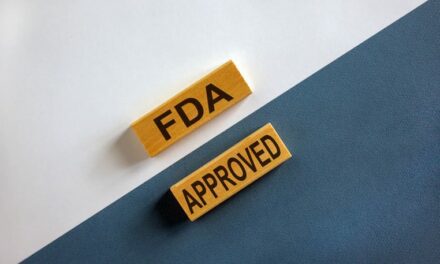Researchers from Massachusetts General Hospital (MGH) suggest that direct application of B lymphocytes could speed and improve the healing of acute and chronic wounds—such as diabetic ulcers.
Their study was published recently in Wound Repair and Regeneration.
“Our demonstration that B lymphocytes—immune system cells that are abundant in the blood—can accelerate wound healing in both healthy and diabetic skin potentially opens up an exciting path to a new treatment for chronic wounds, such as diabetic foot ulcers,” says Ruxandra Sîrbulescu, PhD, from the MGH Vaccine and Immunotherapy Center (VIC).
“Diabetic foot ulcers are the most common cause of non-traumatic major amputations around the world and the costliest type of chronic wound to care for, so an inexpensive and safe way to accelerate healing would have great benefits,” adds Sîrbulescu, lead and corresponding author of the study, in a media release from Massachusetts General Hospital.
In the study, the team first isolated mature B cells from the spleens of diabetic and nondiabetic mice. Their series of experiments showed that a single application of concentrated, mature B cells accelerated wound healing and improved the quality of tissue repair in both animal models. B cell treatment also quickly reduced the size and improved the healing of chronic skin ulcers in the diabetic mice, increasing the number of both nerve endings and blood vessels in regenerated tissue.
The same healing effect was produced when B cells from older obese diabetic mice were applied to acute wounds in similarly aged, obese diabetic mice. Both groups of animals were equivalent to 55- to 60-year-old morbidly obese patients with uncontrolled diabetes. The sort of mature B cells used in this study have a limited life span, and once applied on a wound, they remained active at the site for up to 14 days. Overall, the presence of B lymphocytes was associated with increased tissue proliferation, reduced cell death and a more supportive environment for wound healing, the release explains.
“While more work is required to elucidate the cellular and molecular mechanisms through which B cells exert their beneficial function in wound healing, we are in the process of obtaining the required regulatory approvals to conduct a first clinical study in patients with diabetic foot ulcers. With adequate funding, we believe we could apply this technology clinically within one to two years” Sîrbulescu says.
Mark Poznansky, MD, PhD, director of the MGH-VIC and the study’s senior author, adds, in the release, “Having a novel therapeutic that is based on the immediate isolation of a patient’s own cells, with minimal manipulation, will represent an attractive option for the wound care field; and a successful option that accelerates healing would greatly benefit patients, as diabetic ulcers typically need up to a year or more heal. Further development of the B cell application therapy may lead to novel ways of addressing the pathologies underlying the formation of chronic wounds.”
[Source(s): Massachusetts General Hospital, Science Daily]





